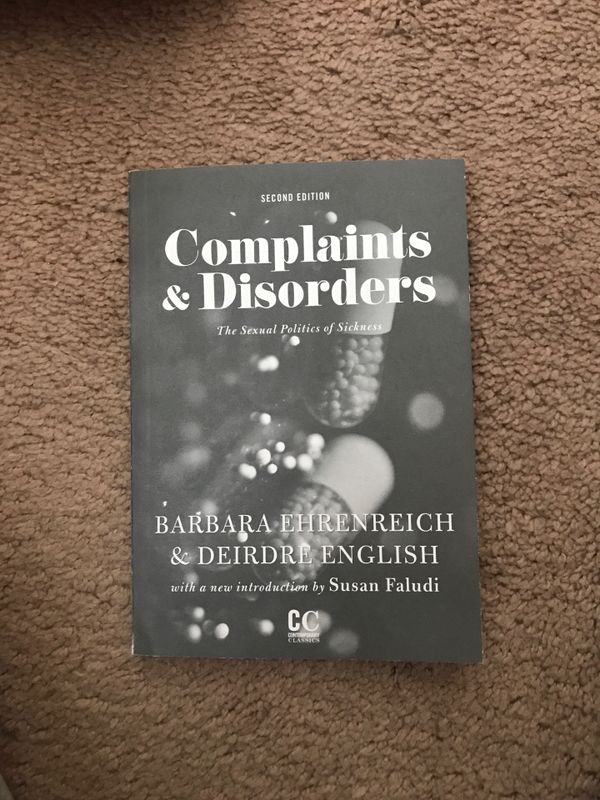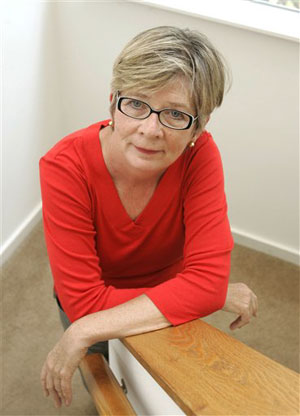

In 1972, Ehrenreich began co-teaching a course on women and health with feminist journalist and academic Deirdre English. Instead, she worked first as an analyst with the Bureau of the Budget in New York City and with the Health Policy Advisory Center, and later as an assistant professor at the State University of New York at Old Westbury. The experience made me a feminist." Career Īfter completing her doctorate, Ehrenreich did not pursue a career in science.


"I was the only white patient at the clinic, and I found out this was the health care women got," she told The Globe and Mail newspaper in 1987, "They induced my labor because it was late in the evening and the doctor wanted to go home. In 1970, Ehrenreich gave birth to her daughter Rosa in a public clinic in New York. In 1968, she started a Ph.D program for theoretical physics, but changed early on to cellular immunology and received her Ph.D at Rockefeller University. Her senior thesis was titled Electrochemical oscillations of the silicon anode. Įhrenreich originally studied physics at Reed College, later changing to chemistry and graduating in 1963. He eventually became a senior executive at the Gillette Corporation. "As a little girl", she told The New York Times in 1993, "I would go to school and have to decide if my parents were the evil people they were talking about, part of the Red Menace we read about in the Weekly Reader, just because my mother was a liberal Democrat who would always talk about racial injustice." Her father was a copper miner who went to the Montana School of Mines (renamed Montana Technological University since 2018 ) and then to Carnegie Mellon University.Īfter her father graduated from the Montana School of Mines, the family moved to Pittsburgh, New York, and Massachusetts, before settling down in Los Angeles. In a talk she gave in 1999, Ehrenreich called herself a "fourth-generation atheist". In an interview on C-SPAN, she characterized her parents as "strong union people" with two family rules: "never cross a picket line and never vote Republican". She was a recipient of a Lannan Literary Award.Įhrenreich was born to Isabelle ( née Oxley) and Ben Howes Alexander in Butte, Montana, which she describes as then being "a bustling, brawling, blue collar mining town". Ehrenreich was best known for her 2001 book Nickel and Dimed: On (Not) Getting By in America, a memoir of her three-month experiment surviving on a series of minimum-wage jobs.

She was a widely read and award-winning columnist and essayist and the author of 21 books. During the 1980s and early 1990s, she was a prominent figure in the Democratic Socialists of America. Barbara Ehrenreich ( / ˈ ɛər ən r aɪ k/, AIR-ən-rike née Alexander Aug– September 1, 2022) was an American author and political activist.


 0 kommentar(er)
0 kommentar(er)
